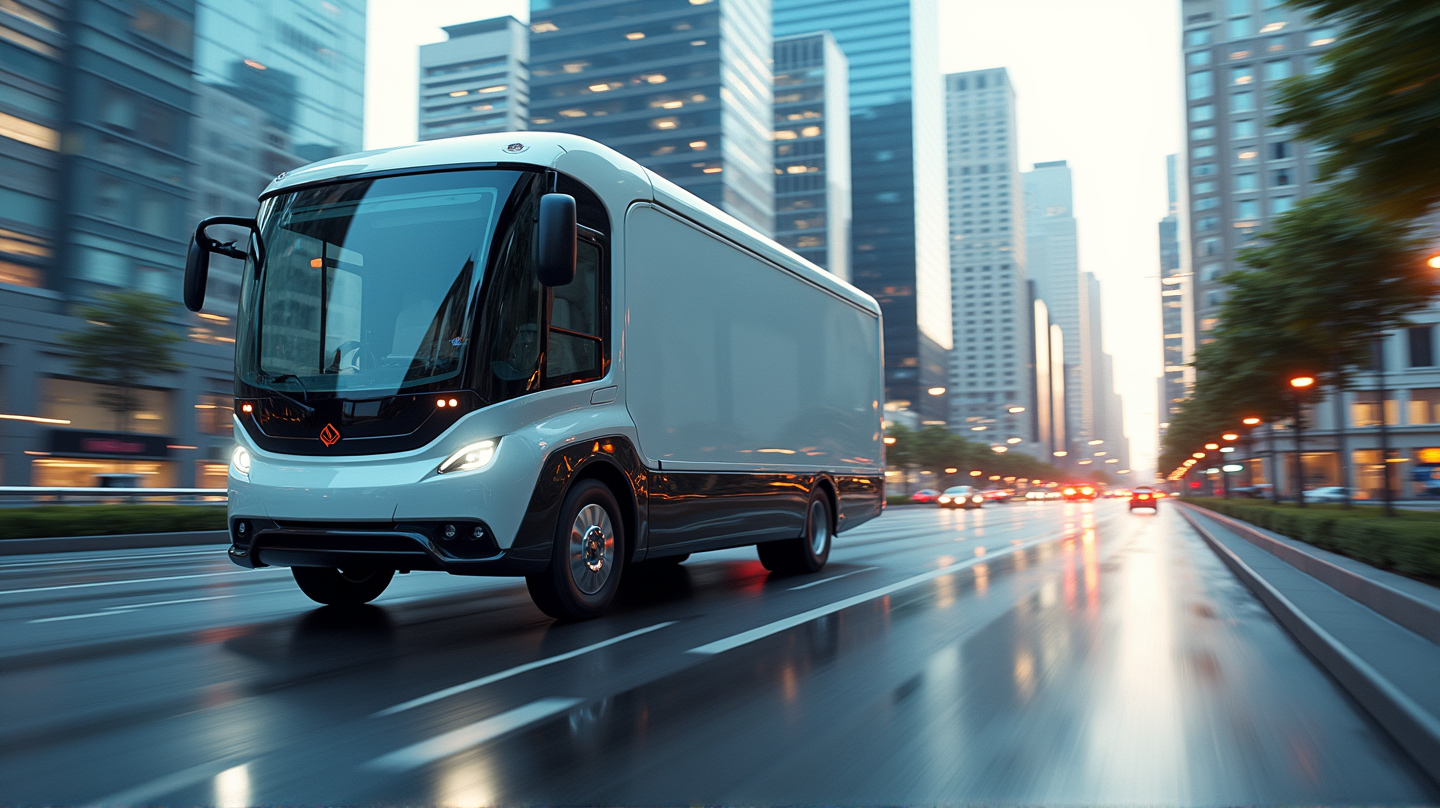Electric Trucks Revolutionizing Logistics Market by 2032

The electric trucks market for logistics is set for a monumental transformation as it aligns with the global push for sustainability. The burgeoning demand for green solutions in logistics is reshaping fleets with electric vehicles (EVs) and spearheading a new era in transport.
The Surge of Green Logistics
Electric trucks are becoming invaluable as logistics firms seek efficiency and eco-friendliness. This transition is largely driven by advancements in battery technology, which provide longer ranges and faster charging. As stated in openPR.com, strategic partnerships are also vital, as they usher in innovations geared towards enhancing fleet management and operational efficiency with AI and IoT integration.
Technological Leap
Technological strides such as AI-enabled fleet management and IoT systems are redefining logistics operations. According to openPR.com, AI facilitates smarter, adaptable supply chains through real-time data analytics, optimizing routes and reducing costs. Meanwhile, IoT ensures continual monitoring of vehicle and cargo conditions, enhancing compliance and efficiency.
Defining Market Segments
The electric trucks market is segmented into various applications such as e-commerce, military logistics, and urban delivery. These sectors illustrate the truck types in focus: light-duty for city deliveries, medium-duty for regional transport, and heavy-duty for long-haul logistics. This diversification is a direct response to the evolving demands of logistics and consumer awareness towards sustainable choices.
Key Players and Competition
Several companies, like Guohong Auto and BYD, are at the forefront of revolutionizing the electric trucks market. Their innovative approaches involve integrating advanced battery technologies and customizing solutions for specific logistics needs. These pioneers are setting the pace for the market’s growth and its alignment with sustainable goals.
Challenges Ahead
Despite promising growth potential, the journey isn’t devoid of obstacles. Regulatory challenges, inadequate charging infrastructure, and talent shortages in the EV sector present hurdles. However, solutions such as collaborative efforts with educational entities for skill development and governmental partnerships for supportive policies can pave the way for smooth integration of electric trucks into logistics fleets.
Conclusion: Toward a Sustainable Future
Electric trucks are more than just a trend; they represent the future of logistics—efficient, smart, and sustainable. As the industry evolves, embracing these vehicles is imperative for logistics companies aiming to stay competitive and environmentally responsible. By 2032, electric trucks poised with technological enhancements promise a greener, more efficient logistics landscape.